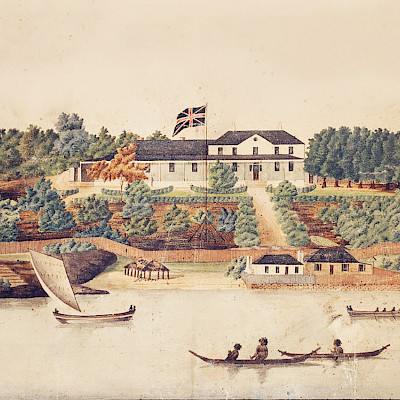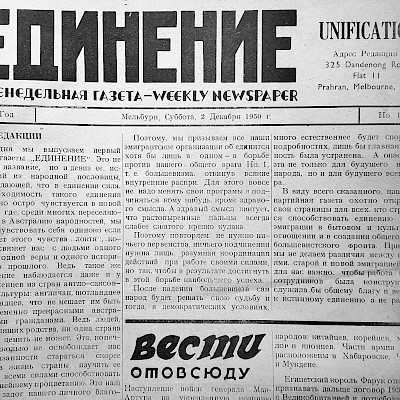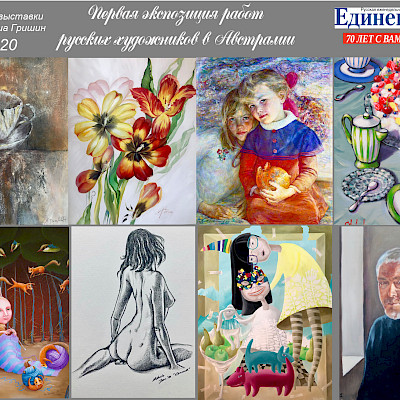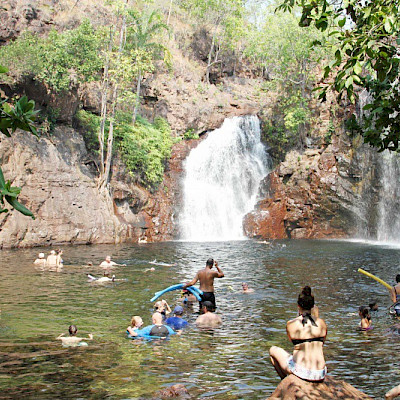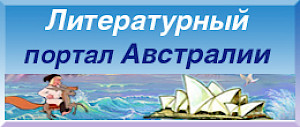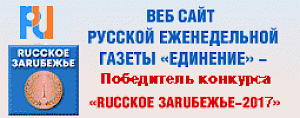On Russia Day in Sydney, the Russian Visa Application Centre held a festive meeting, that was attended by the Consulate General, representatives of Russian organizations and the media. Due to the limitations associated with COVID-19, the meeting was small in terms of the number of participants, but was held in a warm atmosphere.
Regional Operational Director Interlink Service Australia, Lilya Koganov, welcomed guests to her Harris Street, Pyrmont office.
Consul General of Russia I.N. Arzhaev congratulated everyone who attended the meeting. “It is a pleasure that the Russian anthem sounds here in Australia today. I am sincerely grateful to the staff of Interlink Service for organizing this meeting. This holiday is special, symbolizes the centuries-old statehood, which originates in Ancient Russia, continued as the Russian Empire, the Soviet Union and modern Russia. Our people throughout all these centuries have been united by Russian civilization. We are only a moment in history, a connecting link between our ancestors and descendants. Therefore, we have a great responsibility to preserve, increase and pass on to the new generation the rich heritage of our country, its great culture and traditions", - said Igor Nikolaevich.
E. Avramidi, S. Pinchuk, priest A. Korzhenevsky, S. Boykov, V. Malinovsky and others also took part in the discussion.
In a conversation with the editor of Unification, Lilia Koganov and Yana Salbieva spoke about the work of the visa center, how its employees will help Australian residents with Russian roots who wish to obtain Russian citizenship, which groups of Australians often receive visas to Russia and much more.
— Lilya, now because of the coronavirus the borders are closed, there is no foreign tourism, is this a waiting time for your center?
— Yes, now tourist trips are suspended, Australians can go abroad only for special reasons, but we try to support the work of the center. Now our organization is concluding an agreement with the Pushkin State Institute for remote testing of the Russian language for those foreigners who want to obtain Russian citizenship. We already have employees who will conduct training and take exams in the Russian language. As for visas, they are now easy to get for relatives - husbands, wives, children of Russian citizens who go on a trip with them and also for carers of sick people. A visa is still needed, but getting it is easier, no need to request and receive an invitation from Russia. There are also simplifications for work and humanitarian visas, also if necessary to receive medical treatment.
— How many visas did your center take out during the period of active tourism?
— Our center worked exactly one year before the borders were closed. From March 20, 2019 to March 20, 2020. During the year we made almost 27 thousand visas. Most are through the Sydney office and some are through our Canberra office. There was a lot of work. We accepted mail requests from all over Australia, 8 employees worked on Saturday and Sunday. There were days when we prepared 200-300 visas.
— What categories of visas did people apply for, what are the largest groups of Australians going to Russia?
— First of all, tourists. A lot of pensioners who visited Russia send us positive feedback after returning, people are very happy with the trip. In addition, there were many sport persons: a tennis team of 30 people, football players. Our travel agents with whom we cooperate also bring documents for visas. Talk to Yana, she deals directly with visas.
Yana Salbieva:
— We have various types of visas. On humanitarian visas - athletes travel to the games or scientists to the conferences. For example, our large client at Sydney University, Australian academics and exchange program professors go to Russian universities. There are also groups of Australian students who are going to study Russian at universities, in particular, at Moscow State University. There are many construction companies that travel with business visas to Russia, oil and mining specialists, many from Western Australia. They send application documents by mail. A large group goes to Russia to visit relatives. Tourist visas are, of course, the largest part of our work. I want to note that many tourists now go to see the country on their own and ask us for tips on what is interesting to see in Russia. Often, tourists include in the program visits to Russian theaters, such as the Bolshoi. Now tickets can be ordered remotely, so we advise them to do this in advance. Demand for tickets to the Bolshoi is considerable, despite the fact that their cost is almost the same as at the Sydney Opera House.
We return to the conversation with Lilya Koganov.
— Let's move to the near future, when do you think the borders will be opened?
— At the end of June, apparently, Russia will ease restrictions on overseas travelling. Australia has not yet announced the opening date of the borders, but we hope that trips around the world will resume in September. Of course, no one canceled hygiene and certain precautions will have to be observed. For us, this will be the resumption of full-fledged work, since all my employees are waiting for this time. And they are ready to start work as soon as the restrictions are lifted.
Interviewed by Vladimir KOUZMIN
More about Visa Centre at australia.interlinkservice.world









